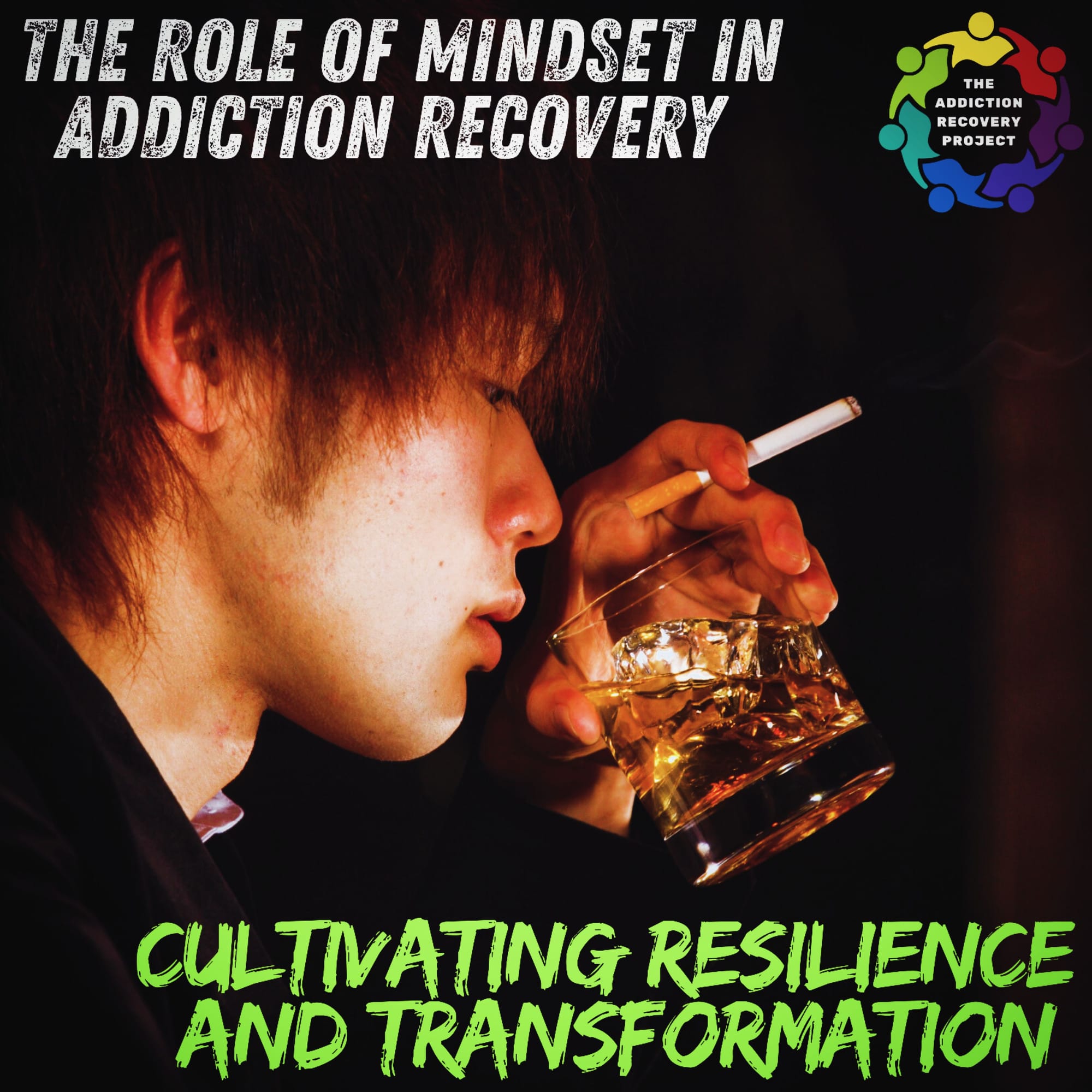The Role of Mindset in Addiction Recovery: Cultivating Resilience and Transformation

The journey of addiction recovery is profoundly influenced by an individual's mindset. Cultivating a resilient mindset is essential for fostering transformation and achieving long-term sobriety.
Research indicates that those who approach recovery with a positive and growth-oriented perspective are more likely to navigate the challenges of withdrawal, cravings, and potential relapses effectively.
A key aspect of this process involves recognising the power of self-efficacy—the belief in one's ability to succeed. Individuals who cultivate this belief are better equipped to set realistic goals, develop coping strategies, and maintain motivation throughout their recovery journey. Furthermore, embracing a mindset that views setbacks as opportunities for learning rather than failures can significantly enhance resilience.

In addition to self-efficacy, mindfulness practices can play a crucial role in shaping one's mindset during recovery. By fostering present-moment awareness and acceptance, individuals can reduce anxiety and improve emotional regulation. This shift in perspective not only aids in managing cravings but also promotes overall well-being.
Ultimately, the role of mindset in addiction recovery cannot be overstated. By actively working to cultivate resilience and embrace transformation, individuals can pave the way for a healthier future free from the constraints of addiction.